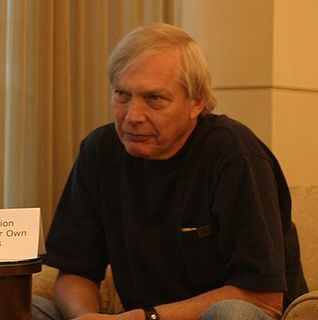A Quote by Russell Simmons
Well, it's the last step of the civil rights movement: You know, wrap your hands around some money, right?
Related Quotes
In less than a century we experienced great movement. The youth movement! The labor movement! The civil rights movement! The peace movement! The solidarity movement! The women's movement! The disability movement! The disarmament movement! The gay rights movement! The environmental movement! Movement! Transformation! Is there any reason to believe we are done?
The great social justice changes in our country have happened when people came together, organized, and took direct action. It is this right that sustains and nurtures our democracy today. The civil rights movement, the labor movement, the women's movement, and the equality movement for our LGBT brothers and sisters are all manifestations of these rights.
I think one of the tragedies of the civil rights movement was because the civil rights movement became so court-focused, I think that there was a tendency to lose track of the political and community organizing, and activities on the ground, that are able to put together the actual coalitions of power throughout which you bring about redistributive change. And in some ways, we still suffer from that.
That was exciting to be able to comment on civil rights. I mean, the civil rights movement that young people don't know about today, but Martin Luther King was considered by the establishment press in the early years of the sit-in movement as a dangerous man, and he was the equivalent at that time as Malcolm X. And he was told to stop his demonstrations; they were against the law and all of that. Now that he's sainted and sanctified we've forgotten.
Felons are typically stripped of the very rights supposedly won in the civil rights movement, including the right to vote, the right to serve on juries, and the right to be free of legal discrimination in employment, housing, access to education, and public benefits. They're relegated to a permanent undercaste.
There has to be spiritual transformation among the masses, who have to be willing to recognize that their oppression is not a law of nature. That's what Latin American bishops were doing when they formed base communities. They were trying to get peasants to recognize that you can take your fate into your own hands. That's what the civil-rights movement did here. That's what the women's movement did.


































